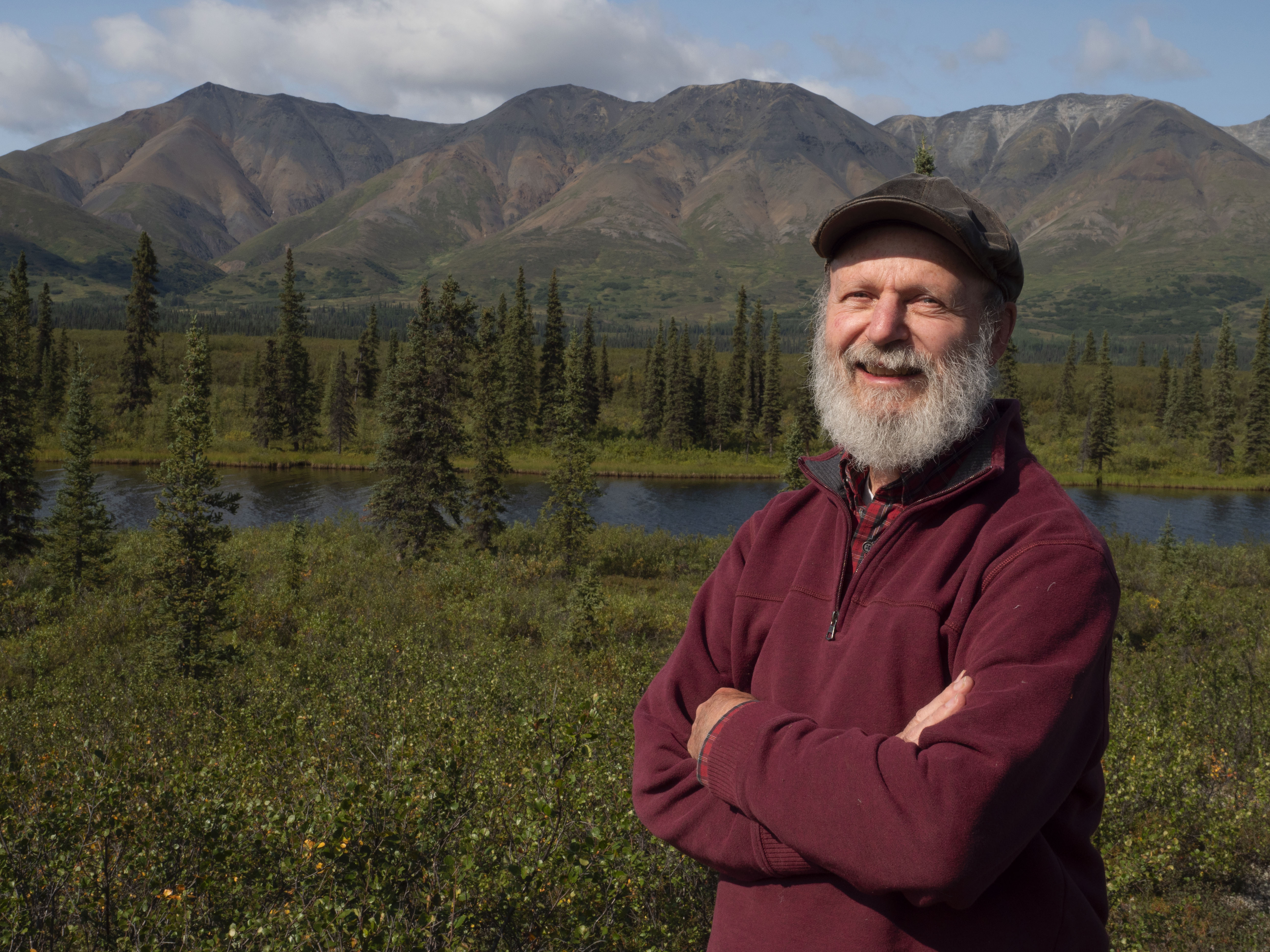An Arctic ecologist wins an international honor for his idea of ‘Earth stewardship’
The 75-year-old Terry Chapin will receive the 30th annual Volvo Environment prize next month in Stockholm.

Terry Chapin, one of the most distinguished Arctic scientists, retired from regular classroom duties at the University of Alaska Fairbanks nearly a decade ago.
But Chapin, at 75, remains vitally involved in one of the great environmental teaching and research challenges of his life — promoting the concept of “Earth stewardship” as the best way to adapt to climate change.
Among those impressed with Chapin’s articulation of stewardship as a guiding principle for human survival is the international scientific jury that awards the annual Volvo Environment Prize at the Royal Academy of Sciences in Stockholm.
“His work will have a long-lasting impact on the ways we seek to build a sustainable future, with the concept of Earth stewardship supporting the deep institutional and structural change required to meet the challenges ahead,” said the prize jury, in choosing Chapin for the 30th anniversary of the award.
“His novel concepts published over the last 30 years have been widely influential in understanding biological diversity which underpins human well-being. His focus has been on the global Arctic, where ecology meets climate change in the carbon-rich expanses of tundra, permafrost and boreal forest.”
The award, which comes with a cash prize of about $145,000, is to be presented to him Nov. 7 in Stockholm.
Past recipients of the award have been some of the world’s leading environmental scientists.
In 2018, the award went to Xuemei Bai, a professor at the Australian National University in Canberra and an expert on sustainability in cities.
Rashid Sumaila, a professor at the University of British Columbia, earned the 2017 prize for his work on the future of the oceans. In 2016, Brazilian scientist Carlos Nobre was honored for his work in trying to protect the Amazon rainforest.
For Chapin, the prize is an opportunity to gain more awareness of his ideas about stewardship, which is founded on the link between ecology and ethics.
“I define Earth stewardship as the process of shaping the future to the benefit of people and nature, recognizing that people and nature interact very closely with one another,” he said.
“Things are changing so rapidly in the Arctic that it’s clear that we can’t just suddenly go back to the way things were 10 or 50 or 100 years ago,” he said.
“It’s issues like learning to live in a world where permafrost is thawing and sea ice is shrinking. There are at least two parts to that, one is to reduce the rates of climate change, that’s something that’s really urgent,” he said. “The other part is recognizing some of the changes that are happening and finding ways that Arctic values can continue to sustain life, even though the specifics of the environment may be quite different,” he said.
“I worry that the current gloom and doom disengages people from wanting to take action,” Chapin said. “What I have tried to do is systematically consider the kinds of things that individual citizens can do to try to turn around the relationship between humans and nature.”
Chapin, who earned a doctorate at Stanford, began studying plant physiology as a graduate student and later expanded his field of research to try to understand entire ecosystems and the secrets of interaction.
“Earth stewardship is shaping the future relationship between people and nature to the benefit of both,” Chapin said. “It recognizes that this is a severe problem and we need to do things that will shape a more sustainable future and one where society can flourish.”
Oxford University Press plans to publish his most recent book, “Grassroots Stewardship: Sustainability Within Our Reach” in 2020.
He said he believes that individuals can join together and have an impact on their communities and beyond.
“In the last 70 years we have reached Earth-changing levels of human activity,” Chapin says.
“This is one of the reasons I think that Earth Stewardship is so important. It’s a chance to reshape the future path that humanity will take.”
Dermot Cole can be reached at [email protected].